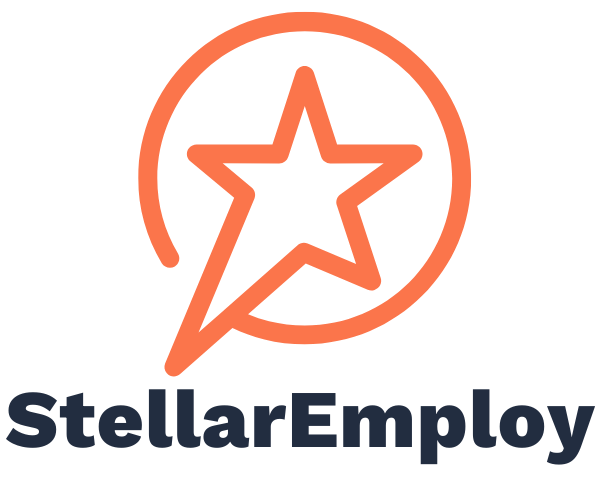How Individual Preference Predicts Job Performance
The great thing about the Stellar Evaluation is we find who is going to excel in the job in question. And different types of people do well in different types of jobs; so we can find a job for everyone, and an employee for every job.
We do this partly by looking at skills, but mostly by looking at what makes people tick, and what kinds of jobs appeal to those characteristics. In particular, we look at the benefits (“rewards”) of each job, and the type of work (“effort”). The best people for a particular job are people who really appreciate the benefits, and don’t much mind the work.
About the Effort-Reward Imbalance
The StellarEmploy Evaluation is designed following extensive field work with hiring managers, employees, and C-suite professionals. The evaluation is entirely our own. However, one of our favorite psychometric evaluations, which draws on a similar theory to the StellarEmploy evaluation is the Effort Reward Imbalance (ERI). The ERI has been demonstrated in over 35 studies in a range of countries to predict professional stress, which often leads to health issues.
The ERI assesses three factors: Over commitment, Effort, and Reward. Rewards can come in three ways: Esteem, Job Security, and Job Promotion. Questions in the ERI determine how stressed the individual feels: Is s/he overcommitted between work and other factors? How much effort does s/he feel his/her work requires? Is s/he content with the rewards, financial and otherwise, that the work offers? Academic research has demonstrated that the ERI can help predict whether or not someone is going to leave their job soon.
StellarEmploy’s questions categorize applicants by the motivations that impact his or her work. The sources of motivation are:
Work quality (Quality): Someone motivated by quality is someone who really likes doing a good job. They want a secure job in an established company. The great thing about this type of person? They always give it their best. The worst thing? Sometimes perfect can be the enemy of the good with them.
Financial returns (Income): Someone motivated by income takes jobs that pay well, and stick around for a long time. The great thing about this type of person? They will happily work overtime for fair compensation. The worst thing? If they get another offer that pays better, even if the hours are longer or the management is worse, they will leave.
Professional achievement (Achievement): Someone motivated by achievement likes recognition for his or her performance. The great thing about this type of person? This is the person gunning for “Employee of the month” or excited about an assistant shift leader role. The worst thing? If a competitor offers a promotion, they will leave.
Family security (Family): Someone motivated by family appreciates steady income and regular work hours. This is the person who will respond most to education subsidies or college grants for their children. The great thing about this type of person? They are loyal to their employer. The worst thing? They don’t like working Sundays or holidays.
How this improves hiring outcomes
StellarEmploy has identified big motivational differences between seemingly similar jobs.
In one instance, StellarEmploy worked with two different Home Center Retailers. At face value, Sales Associates in each of those locations had very similar professional responsibilities. However, for one client, the best employees were highly social and motivated by Financial Returns. For another client, the best employees were more independent and motivated by Worker Quality.
Upon deeper discussion, we discovered that the first store gave commission for cross-selling to other departments, thus incentivizing collaboration between Sales Associates. The other store rewarded employees for individual and department-based sales, thus rewarding employees who were self-motivated and independent.
The fact that different types of people excel at jobs that seem similar, but are actually quite different, is one of the things we like the most about our work. There is a place for everyone, and an employee for each job.
Sara Nadel is Co-Founder and Co-CEO of StellarEmploy.
